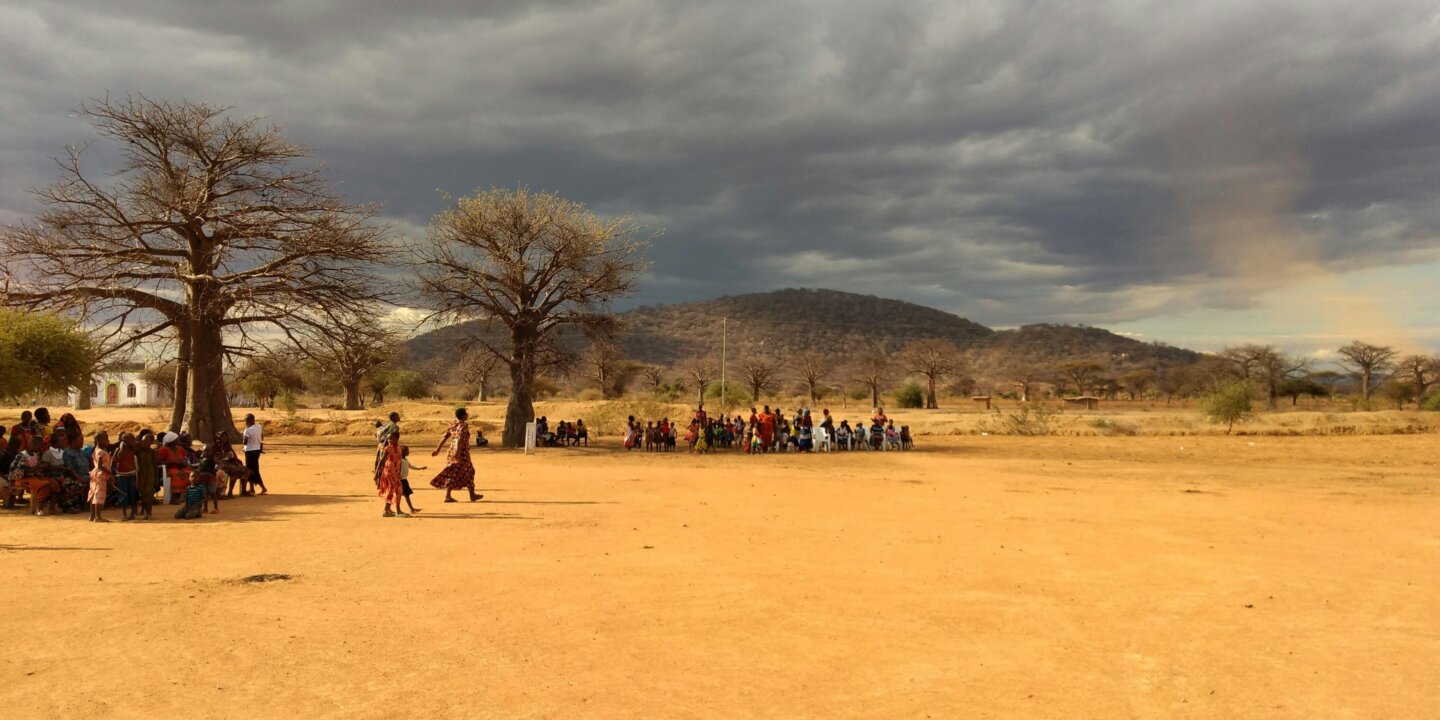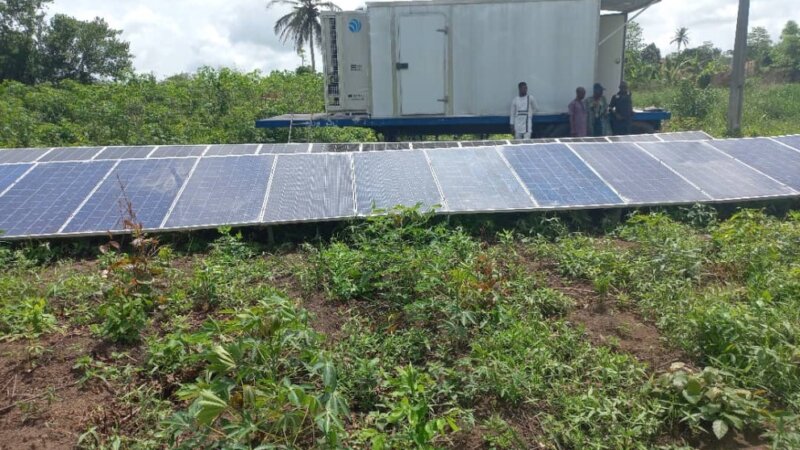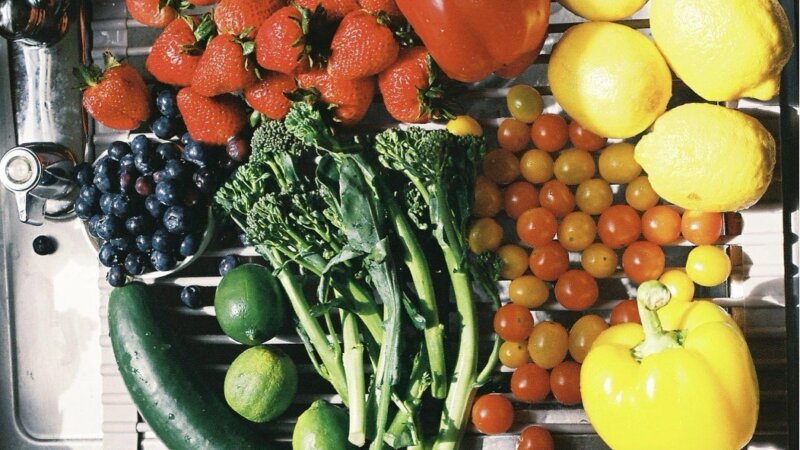Six international consortia receive funding to improve soil moisture retention in Sub-Saharan Africa

Photo by Pieter Bouwer on Unsplash
These grants are awarded as part of the NL-CGIAR Water-Food Nexus call. The transdisciplinary consortia will study the scaling of soil moisture retention practices for smallholder farmers in rainfed agri-food systems. With the increased severity of dry spells, increasing the moisture holding capacity of the soil works as a buffer against agricultural production losses. The research focuses specifically on socio-economic and governance aspects of scaling soil water retention practices. The research projects take place in Kenya, Ethiopia, Uganda, Benin, Burkina Faso, Niger, Mali en Nigeria.
ACCEL-3R: Accelerating the adoption of Water Retention, Recharge, and Reuse Measures in the Horn of Africa: Multi-level intervention bundles to trigger socio-hydrological tipping points
Main applicant: Dr. A. Van Loon, VU Amsterdam
Our project tackles barriers faced by smallholders in Kenya and Ethiopia to adapt to drought by increasing the adoption of water retention, reuse and recharge measures. Our international consortium will work with local groups and institutions to co-design inclusive bundles socio-technical and political-economic interventions that alleviate multiple barriers at once. We will test these interventions, and how they work together or not, using models and local knowledge, to ensure no smallholder gets left behind. The goal is to support effective proactive drought management within communities and within governments, to improve food and water security, and create more climate-resilient farming systems.
Scaling Water bunds for climate Resilience Management in Kenyan rainfed agri-food systems (SwaRM)
Main applicant: dr. M.C. Buisson, International Water Management Institute (IWMI)
While rainfed Kenyan agricultural sector faces high drought and land degradation risks, nature-based solutions such as water bunds restore soil moisture retention capacity, enhance rangeland conditions, and improve livelihoods. Though promising, these solutions need to swarm across landscapes and communities to deliver benefits at scale. Harnessing expertise from knowledge partners (IWMI-CGIAR, Vrije Universiteit Amsterdam, Tegemeo Institute), building on projects implemented by local partners and back-up against engagement with the Kenyan government, this research project aims to understand water bunds adoption behaviour by communities and individuals and identify efficient and equitable scaling pathways of nature-based water retention practices.
Taking integrated SOil and WAter MAnagement to scale by addressing social and institutional challenges through experiential learning games (SOWAMA)
Main applicant: Dr. E. Speelman, Wageningen University
In the face of climate change, Integrated Soil and Water Management (ISWM) can maintain and increase agricultural productivity in rainfed agri-food systems. This transdisciplinary SOWAMA project will assess and address instrumental and relational values and institutions affecting ISWM decision-making processes in Uganda. For this, it will facilitate the co-development of socio-technical innovation bundles (STIBs) addressing bottlenecks, develop experiential learning games to address drivers of implementation, strengthen governance and support innovation bundles. The project responds to demand expressed by government and civil society partners to develop their capacity in implementing innovative approaches to expand ISWM implementation at large scale.
Understanding scaling of soil moisture retention practices for climate-resilient food production in semi-arid Ethiopia and Kenya (SMARTSCALE)
Main applicant: Dr. M. Pulleman, Alliance of Bioversity International and CIAT & Wageningen University
The SMARTSCALE project aims to helps farmers in semiarid Kenya and Ethiopia use soil moisture more effectively to grow food, cope with drought, and improve their livelihoods. Many past efforts have not reached vulnerable groups or created impact at scale. SMARTSCALE brings together scientists, local partners, and governments to learn from past experiences and design better ways to spread moisture-saving practices. By focusing on local needs, government systems, and inclusive solutions for women and youth, the project aims to make lasting change. Partners include CGIAR, Wageningen University, Bahir Dar University, JKUAT, and the Ministries of Agriculture in both countries.
Soil moisture and Scale-making in West Africa: Multiplying water retention practices for increased resilience and food security in Benin and Burkina Faso (Acronym: SMSM)
Main applicant: dr. M. Ouedraogo, Alliance of Bioversity International and CIAT
In West Africa, smallholder farmers face increasing challenges due to erratic rainfall and droughts. This project, led by a consortium including the Alliance and IHE, explores how soil moisture retention (SMR) practices can be improved and expanded. The project will explore how SMR knowledge is developed, shared, and scaled out within local communities in Benin and Burkina Faso. It will emphasize collaboration with farmers, recognizing that scaling must be rooted in grassroots efforts. Through joint learning, the project will address environmental and political barriers and create sustainable, community-driven solutions to enhance resilience in rainfed agricultural systems.
Harvesting the Rain: The Adoption of RWH Techniques at Scale in the Sahel
Main applicant: prof. J. Aker, Wageningen University and Research
80% of agricultural land in the Sahel suffers from poor soil fertility. Climate adaptation and yield improvements require techniques that increase water stored within the soil and replenish soil nutrients. Agronomic trials suggest that Rain Water Harvesting (RWH) is effective and profitable, but adoption remains low. This research builds upon research in Niger that identified constraints to the adoption of RWH, designed interventions and tested their impacts. A short training increased adoption, improved soil quality and increased production. To scale, we assemble a multi-disciplinary team to identify barriers to adoption in new areas, co-design and test interventions, and pilot and scale them.
About the NL-CGIAR research programme
The Water-Food Nexus call is one of the instruments of the NL-CGIAR research programme phase II (2024-2030). The NL-CGIAR programme is part of the partnership between the Dutch government and CGIAR. The programme aims to promote knowledge, knowledge utilisation and innovation for global food and nutrition security (SDG2). This is achieved by strengthening cooperation between CGIAR, Dutch research and knowledge institutions, and stakeholders from National Agricultural Research and Extension Services (NARES), civil society organisations, the private sector and government organisations. The NL-CGIAR research programme is funded by the Ministry of Foreign Affairs and implemented by NWO. In implementing the programme, NWO works closely with CGIAR and the Netherlands Food Partnership, and coordinates with the Ministry of Foreign Affairs and the Ministry of Agriculture, Fisheries, Food Security and Nature.
Author

Gerrie Tuitert
Senior Policy Officer - International Relations at NWO




